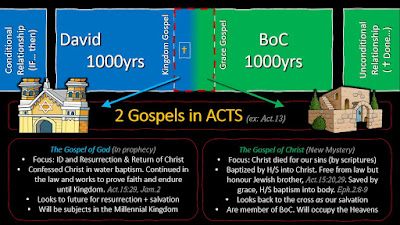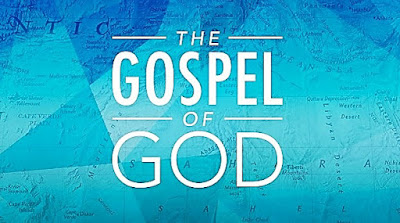Cornelius and the Confusion: What Really Happened in Acts 10?
Many Christians stumble over Acts 10. A Gentile receives the Holy Ghost, is baptized, and added to the church—surely this must be the Body of Christ, right?
Not quite.
To rightly divide this passage, we must step back and ask: Why did God send Peter to Cornelius? What was the message? What was the purpose? And what does this event mean for us today under grace?
Let’s walk through it carefully.
Who Was Cornelius—and Why Did God Send Peter?
Cornelius was a Roman centurion stationed in Caesarea. He was devout, feared God, gave alms to the Jewish people, and prayed always (Acts 10:2). In short, he was a Gentile who blessed Israel—just as Genesis 12:3 promised.
God sent Peter—not Paul—to Cornelius. Why? Because Peter held the keys of the kingdom (Matthew 16:19), and the gospel he preached was the kingdom gospel, not the mystery of grace. Peter’s message in Acts 10:36-43 focuses on Jesus as the risen Judge, ordained by God, and the fulfilment of prophecy—not the revelation of the Body of Christ.
Cornelius was not seeking salvation through Paul’s gospel. He was a Gentile responding to the light he had, and God honoured that by sending Peter to confirm his inclusion in the kingdom church.










